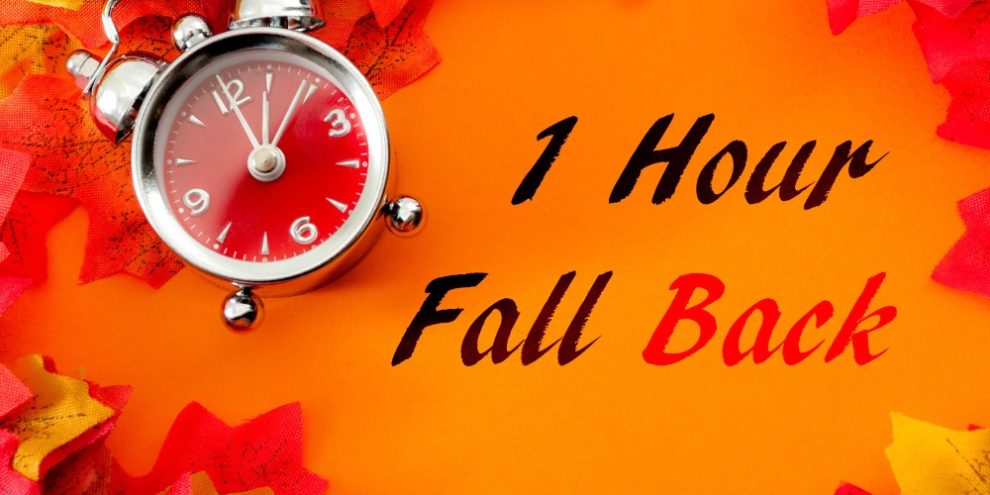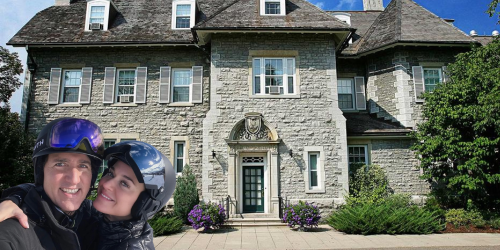The “Daylight Saving Scaries” Are Real – Here’s How It Disrupts Your Sleep and Productivity

As November approaches, many people are preparing for the dreaded Daylight Saving Time (DST) change. While that extra hour of sleep might sound like a gift, it can throw off our schedules and productivity for weeks.
A recent survey found that two in five people experience what’s been dubbed the “Daylight Saving Scaries.” This term describes the dread people feel when getting ready to “fall back” and change the clocks.
And it’s not just a temporary feeling! For 40% of respondents, the anxiety starts as early as 11 days before the time change—around October 23—and lingers until about November 16, well after the clocks have been reset.
The Impact of Falling Back
If you’ve ever wondered whether people would choose to stop switching between Standard Time and Daylight Saving Time altogether, the answer is yes.
Nearly 60% of those surveyed said they would happily put an end to it. Interestingly, baby boomers are the most eager, with 69% saying they’d call it quits, while 50% of millennials agree it’s time to stop the twice-a-year switch.
Why the negative vibes? Only 35% of respondents think that trading evening sunlight for an extra hour of sleep is worth it. After the time change, a whopping 70% say they feel like they’re starting and ending their day in darkness, which doesn’t exactly help with feeling energized.
Shorter Days, Bigger Mood Swings
The change in daylight has a noticeable impact on people’s energy levels and moods. Most people (77%) feel more energized when the sun is out, but after the time shift, many are left struggling. Over half of those surveyed admitted to getting the “sunlight blues,” especially those who work indoors and miss out on daylight hours entirely.
If you notice that your colleagues seem grumpier or more sluggish than usual after Daylight Saving Time ends, you’re not alone. 43% of employed respondents said that the week following the time change is their least productive. And it doesn’t stop there—31% of people said they made more mistakes than usual during this period.
Related: Why You Might Want to Paint Your Room Before Daylight Savings Ends
The Struggle for Better Sleep
It’s not just work that suffers—sleep schedules take a hit, too. About 21% of people said that the time change messes up their sleep routines, and 37% mentioned that they need more rest in the days or weeks that follow. To feel well-rested, respondents said they need about an extra hour and 24 minutes of sleep each night after the clocks roll back.
So, if you’re feeling off for the first few weeks of November, remember that you’re not alone. The shift to shorter days and longer nights impacts many of us, leaving everyone a bit cranky and out of sync. Let’s just hope this is the last time we have to deal with the “Daylight Saving Scaries”!
Beat FOMO by being in the know!
Sign up for our newsletter today and never miss a beat.







